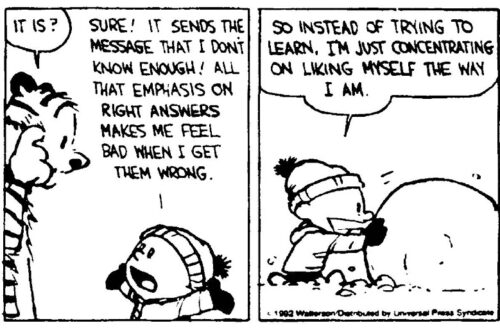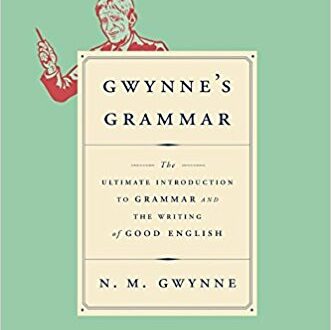Many see study as preparation for their life’s work. I saw my life’s work as a preparation for study. At 34 I began my bachelors degree.
So, allow me, at least for a minute or two, to reminisce over the past four years before I return to writing about the real world. No, wait; that’s not right. I never left the real world. That is another wrongheaded idea – that school is somehow not part of the real world. It is very much the real world. So let me talk of the very small part of the real world in which I have dwelt for the past four years – Moody Bible Institute, Chicago, Illinois, USA.
Firstly, my college education was about more than receiving new information. For example, I remember more about the teachers than the subjects they taught. That is not to say that I have forgotten everything they taught; it is merely to say that I walked away from a class having learned about a person, his character and his worldview more than the facts which he diverged. Learning, I think, was not designed to be impersonal (as is the case with so much distance learning), but the imparting of character as well as knowledge. Consequently, I learned from my teachers about the kind of student I should be, about the virtue of learning, about humility before a text.
My college experience was also not merely intellectual; it was physical. Every freshman is required to take a fitness class during which he must run one and a half miles to test his fitness. I took fifteen and a half minutes and hurt like stink for a week. Then I ran again. By the end of the semester I had shed weight (over 60 lbs!) and was running a couple of times a week. During our final class we were asked to right down our fitness goals for the duration of our stay at Moody. I wrote down “run a marathon,” in part because the coach had told us not to write “run a marathon,” but also because I had become addicted to running. I ran the 2009 Chicago marathon and did it in 4 and a half hours. In my final year I repeated the one and a half mile fitness test and did it in nine and a half minutes.
College is a place of moral formation. Academic honesty is not merely a requirement of duty, but an insistence of character. It was not merely a question of cheating, but of not being a liar.
Chapel, a three times a week requirement, could be missed by “taking a cut” (we were allowed a certain amount per semester). But there was an alternative way to miss it called “slash and dash.” This practice involved going into chapel, crossings one’s name off the list and dashing for the door. I never did it. But being scrupulously honest is not always easy. I learned early on how good we can be at self-deception. However, when I graduated, I walked with a completely clear conscious. I wonder how many of my fellow students walked with a secret in their heart.
Honesty is not merely how one engages in academic life, but also the precondition for producing work of good quality. To lie or to cheat makes a mockery of the basis for reason itself. To say I was in chapel when I was not is to defy reason. If one’s life is lived in a contradictory fashion, it is very likely one’s research papers will display similar errors. I might add that this is also a theological statement. The law of non-contradiction is derived from God in whom there is no contradiction (Titus 1:2).
These experiences shaped my character. Education, for me, was not divorced from sanctification; it was a vital part of it. Studying is not merely preparation for the “good works, which God prepared beforehand” (Eph 2:10); they are the good works. Every paper, quiz, question asked in class, group project, presentation and book read is that good work which brings glory to the Father in heaven (Matt 5:16).


